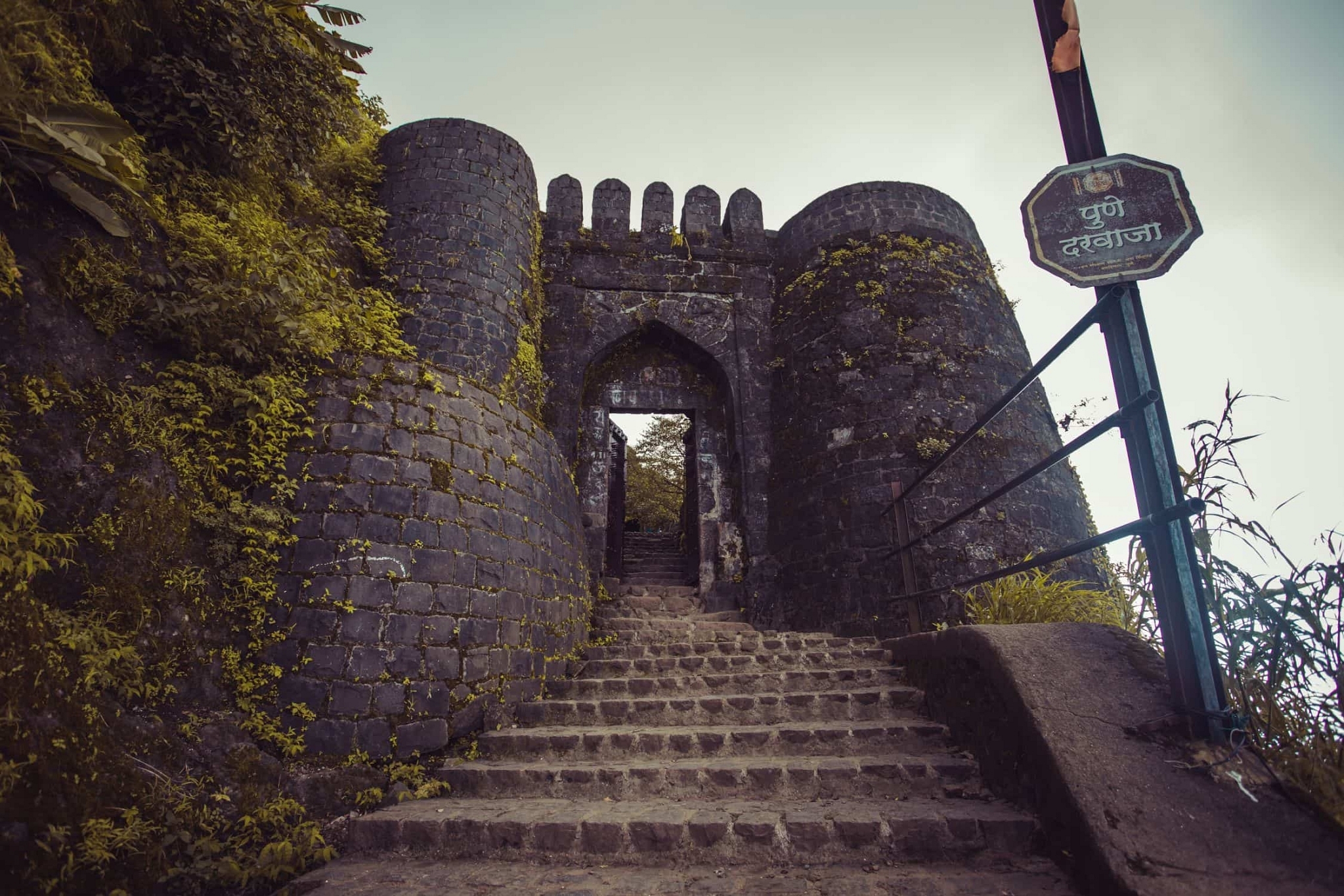Culture
Sinhgad-Rajgad-Torna Ultra Marathon: The Magnificent Route Of The Marathas
- If you want a taste of what it means to be a Maratha of yore, then this trek is a must-do.
- Read on...

Sinhgad
An ancient route that connects the historic forts of Sinhgad, Rajgad and Torna nestles within the Sahyadri ranges of the western ghats. Today, this trail serves as a perennial favourite for marathoners and trekkers alike. It combines the thrill of physical endurance with the breathtaking beauty of the Sahyadri hills.
The completion of the SRT (Sinhgad-Rajgad-Torna) 53-km Ultra marathon is a feat in itself. Known for its sharp cutoffs, an elevation gain of 2,500 metres and an almost similar amount in descent, it tests the limits of physical and psychological strength, demanding from trekkers both stamina and patience.
The route also narrates the rich and glorious past of Pune. It once used to be a catalyst for trade, commerce and agriculture and has served as a battleground for many wars as well.
The more significant glimpses into Maratha history are, perhaps, provided by the three forts that dot the course — Sinhgad, Rajgad and Torna. The bond that links the three together is the role each played in the life of Chhatrapati Shivaji Maharaj and his dream of Hindavi Swarajya.
The journey begins at the foot of Sinhgad. Built nearly 2,000 years ago, its strategically steep slopes provide natural protection against any attack. Originally known as Kondana, it was under the control of Shahaji Bhosale (Chhatrapati Shivaji Maharaj’s father) at the bequest of Ibrahim Adil Shah II. The Chhatrapati in pursuit of swarajya captured it in 1647 and then traded it for his father’s release and recaptured it in 1656 after which it fell into Mughal hands.
The fortress was finally conquered by Shivaji Maharaj during the Battle of Sinhgad through his Subedar, Tanaji Malusare. The Chhatrapati, upon hearing the news of Tanaji’s death in battle, reportedly remarked: "Gad ala, pan Sinh gela" ( Won the fort but lost our Lion) . The name Sinhgad literally translates to Lion’s fort.
In a typical SRT marathon, during the the first 25 km, one climbs 700 metres up the Sinhgad fort and then proceeds towards the Kalyan Darwaja (one of the gates of the fort), journeys through a ridge that connects to the Duke’s nose or the Nagphani cliff in Lonavala before descending to a village named Vizar.
Rajgad is a 10-km run from Vizar. It rests on a hill named “Murumb Devacha Dongar”. The path up the fort is extremely rocky. Rajgad was the capital of the Swarajya; it was here that the Chhatrapati spent most of his days (nearly 30 years).
The fort is divided into four quarters based on geographical terrain and fortification, namely Padmavati Machi, Sanjivani Machi, Suvela Machi and the centre — Balekilla.
From the Balekilla, one can witness the unparalleled landscapes of the Sahyadris. Rajgad is unscalable from three sides; it rests on a steep vertical rock face, defiant and unconquerable.
A ridge connects runners from Rajgad to Torna. This is the renowned 14- km trek. Torna is also known as Prachandagad (Massive fort). It was the first fort conquered by the Chhatrapati, then aged 16 years in 1646.
The hill has an elevation of 1,403 metres above sea level, making it the highest hill fort in Pune. The climb up Torna is another rocky ascent through glorious basalt rock faces and ladders.
Both Sinhgad and Rajgad can be seen from Torna.
The marathon ends with a steep descent down the main trail. Trekkers must brave steep drops, sharp cutoffs, loose gravel and gruelling temperatures to finish the marathon.
However, the beauty witnessed through the journey as one traverses the remnants of history so central to the Maratha Samrajya certainly make it a worthy endeavour.
Support Swarajya's 50 Ground Reports Project & Sponsor A Story
Every general election Swarajya does a 50 ground reports project.
Aimed only at serious readers and those who appreciate the nuances of political undercurrents, the project provides a sense of India's electoral landscape. As you know, these reports are produced after considerable investment of travel, time and effort on the ground.
This time too we've kicked off the project in style and have covered over 30 constituencies already. If you're someone who appreciates such work and have enjoyed our coverage please consider sponsoring a ground report for just Rs 2999 to Rs 19,999 - it goes a long way in helping us produce more quality reportage.
You can also back this project by becoming a subscriber for as little as Rs 999 - so do click on this links and choose a plan that suits you and back us.
Click below to contribute.
Latest